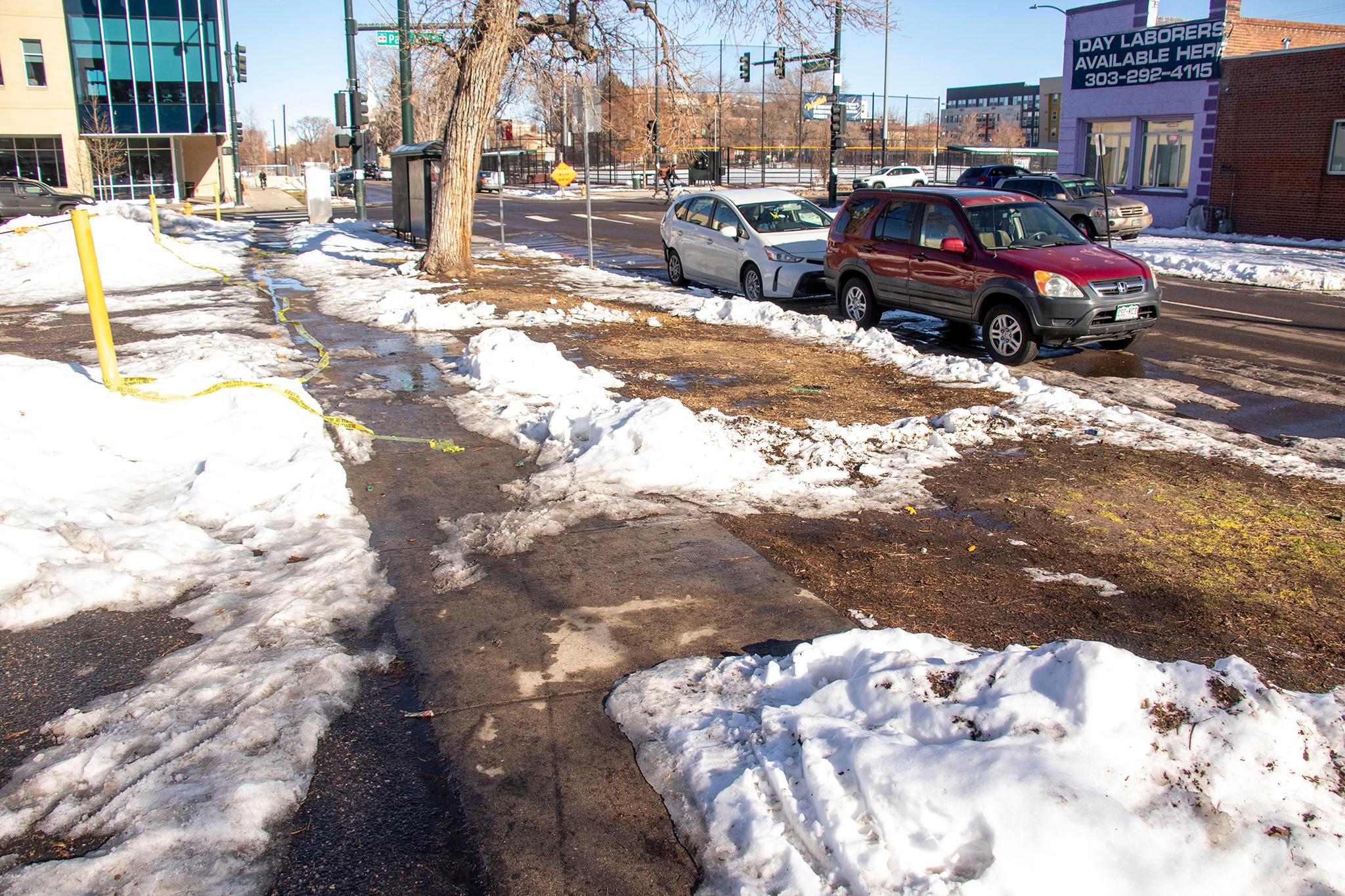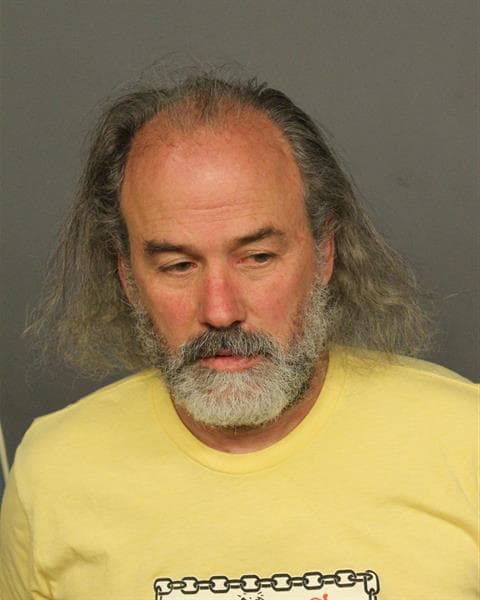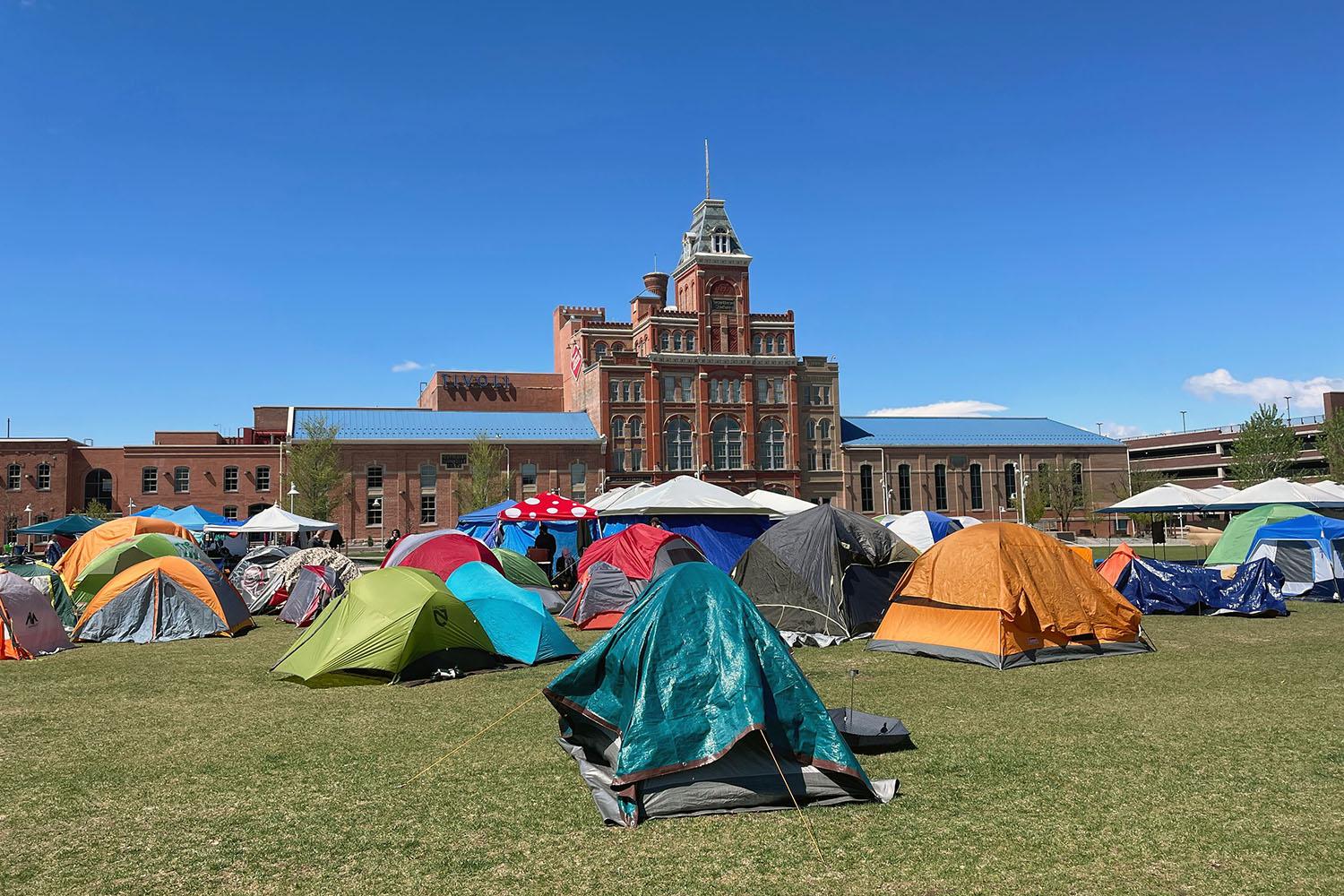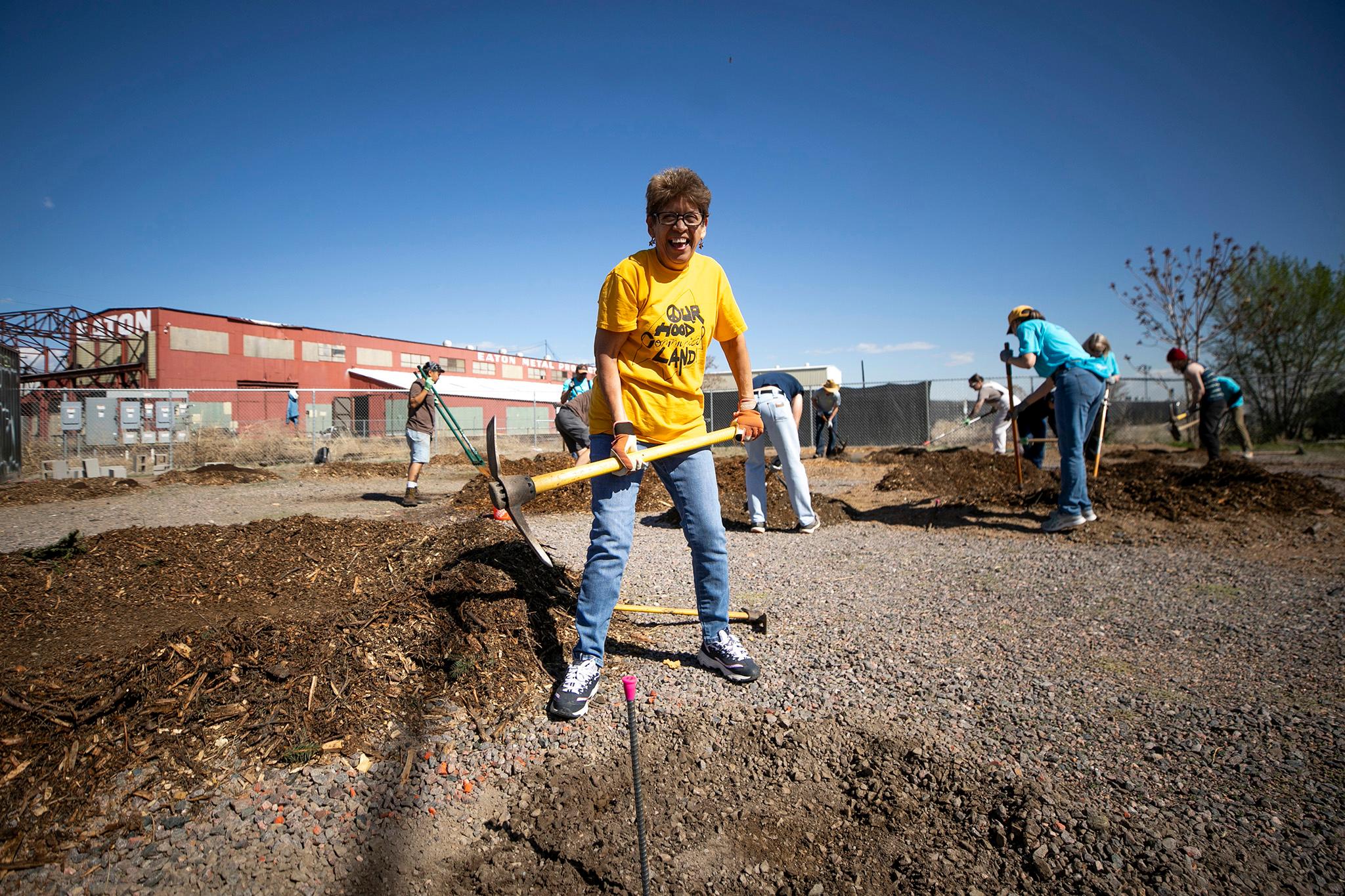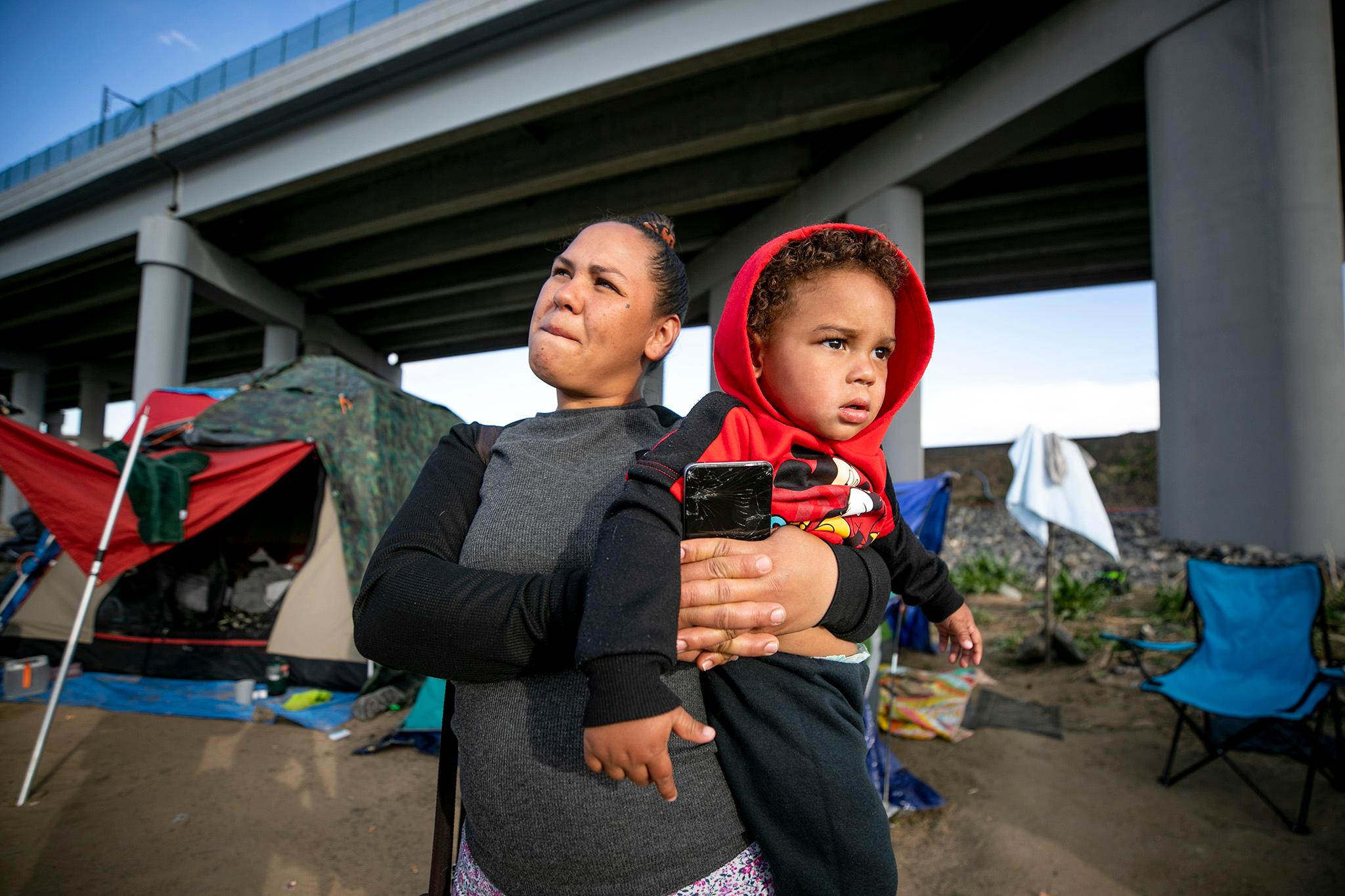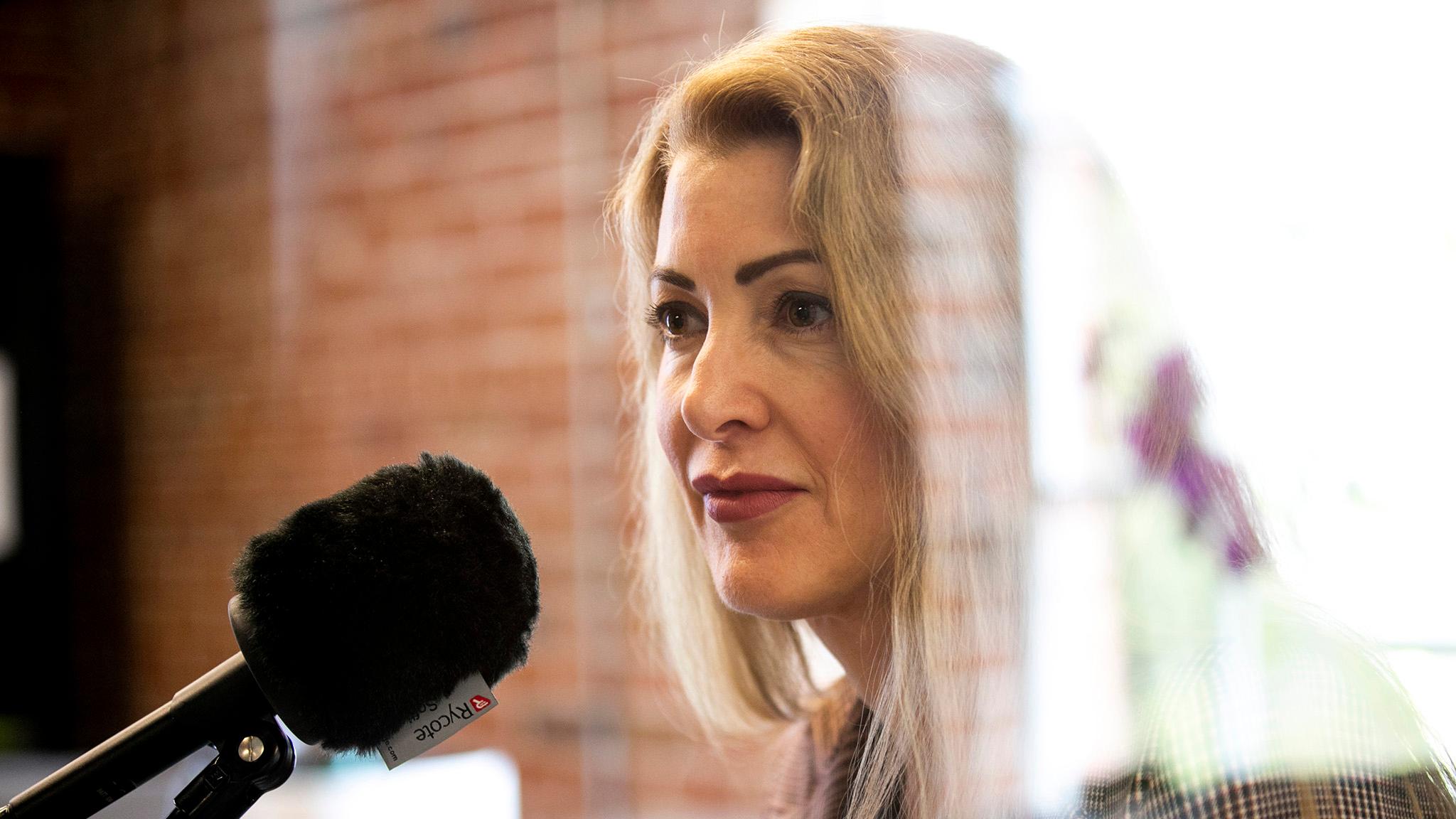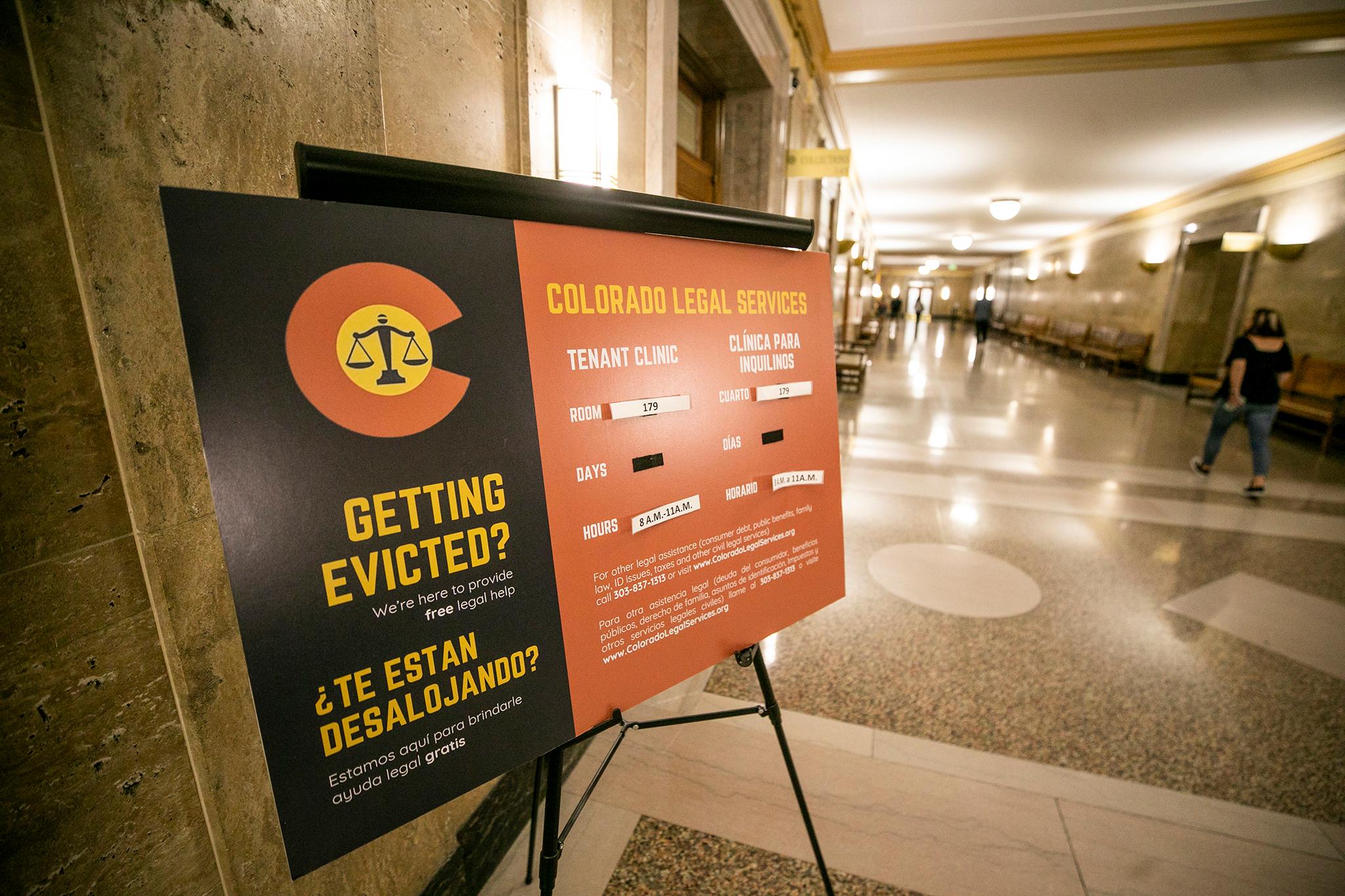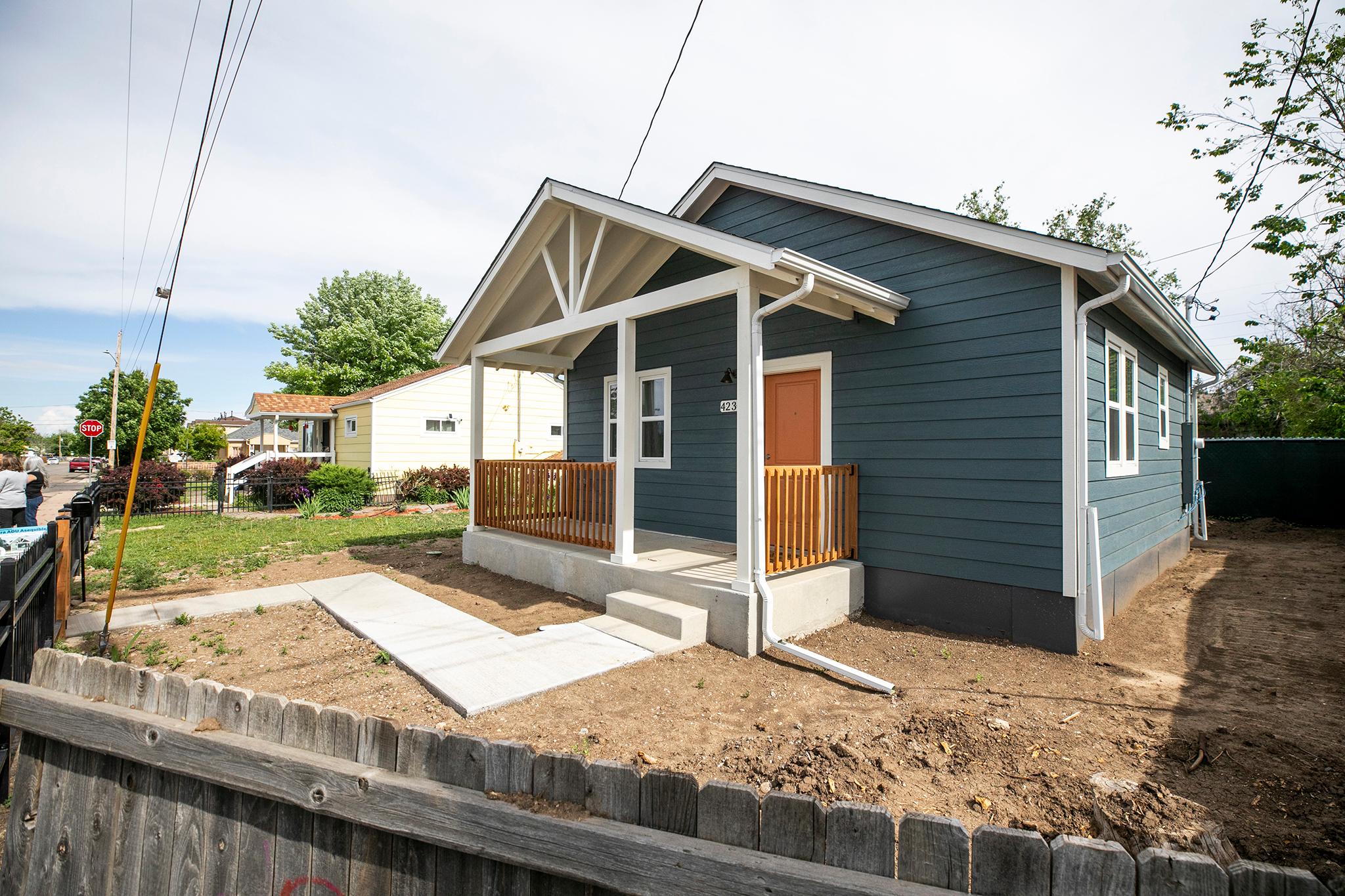Mayor Mike Johnston has vetoed a bill passed by a divided City Council this week that would have banned encampment sweeps during freezing temperatures, the city announced in a press release Friday.
"Denver Mayor Mike Johnston today vetoed City Council Ordinance 23-1960, citing provisions that would make it more difficult for the city to help people experiencing homelessness get inside during cold, unsafe conditions," the Mayor's office said in a statement. "Though well-intentioned, this legislation would restrict the city's ability to do this life-saving work for approximately four months of the year."
City Council had voted seven to six Monday to pass the bill.
The vetoed item will appear on the agenda for City Council's Feb. 12 meeting, at the request of its sponsors. They will need nine votes to override the mayor's veto.
"We remain committed to collaborating with the Mayor and his administration to get it to a point where we're both able to get what we need," said Councilmember Shontel Lewis, who co-sponsored the bill. "When I say that, to keep folks from losing their lives and their limbs. We know from the experts, from the research, from our physicians, that 32 degrees is dangerous for folks to be swept in."
The sponsors secured nine votes when the bill was up for a first read a few weeks ago, but Councilmembers Chris Hinds and Flor Alvidrez switched to no-votes during the final vote on the bill Monday.
Hinds, who uses a wheelchair, said he switched his vote over concerns about accessibility access in the public right-of-way. He also said that after Johnston moved more than 1,000 people indoors in 2023, he wants to support Johnston's vision.
"In some ways this proposed legislation seems more like it's addressing the previous mayor than the current mayor," said Hinds, referencing former Mayor Michael Hancock who instituted the urban camping ban. "If we could give this current mayor a little bit of grace and hope that he continues the trajectory that he's clearly set and achieved."
In a letter to council explaining his veto, Johnston said that the ban would have effectively overturned the city's camping ban for four months of the year.
"This is contrary to the will of more than 80% of voters who affirmed the camping ban in 2019," he wrote. That echoes the message he sent City Council in December of last year on the same topic.
The original version of the bill would have applied the ban during hours below below 32 degrees, allowing four warm hours for people to resettle. According to Denver weather data analyzed by Denverite, that would have applied to more than 95 percent of days in January, February, March, November and December of 2023.
But the final version passed this week narrowed the bill's scope, only applying to hours when the temperature dropped below freezing.
On the campaign trail, Johnston suggested he would support stopping sweeps during freezing temperatures. When asked about a potential policy, he said yes during a series of yes-or-no questions in a mayoral forum with people experiencing homelessness in February of 2023.
In a letter to Council, Johnston said he would avoid large encampment sweeps during freezing temperatures, but that he worried the bill would restrict the city's ability to respond to encampments with public health emergencies.
"I want to make clear that we have not, nor intend to, do large encumbrance removals when the temperature is 32 degrees or below without housing or shelter options, with the exception of major public health and safety risks," Johnston wrote.
The bill co-sponsors have said the legislation would not prevent city staff from moving people in life-threatening situations, and that it would not prevent police from making arrests or the fire department from responding to emergencies.
Mayoral vetoes are rare.
According to Council spokesperson Robert Austin, the last two vetoes of legislation happened in 2021, under former Mayor Michael Hancock, who also vetoed a budget amendment in 2022.
District 8 Councilmember Shontel Lewis, who is a co-sponsor of the bill, said she hopes to work with the mayor's office and other Councilmembers to pass a version of the bill they can agree on.
"Medical experts, including physicians, and those with lived experience have spoken to the importance of resourcing those living unsheltered in dangerous weather in-place," Lewis said in a statement to Denverite. "Asking people to move in the cold can exasperate existing conditions while increasing the risk of frostbite and hypothermia."
The bill comes as the city ups its encampment enforcements, and as advocates for new immigrants fear more people will end up on the streets in the winter.
The Department of Public Safety said it plans to increase enforcement of former encampments closed as part of Johnston's push to bring 1,000 people indoors by the end of last year. It's possible the freezing sweeps bill could have curtailed that effort.
Meanwhile, new immigrants to Denver will start timing out of city shelters on Monday. Advocates worry this could lead to growing encampments full of new immigrants, some of which have already been swept across the city.
"We're going to have hundreds if not thousands of migrants on our streets throughout this next week or more," said organizer Terese Howard, who has been pushing for legislation like this for years alongside other activists. "It's still winter, and yet these folks are going to face camping ban enforcement even in the cold which is life threatening."
This story has been updated with additional comments from the mayor, supporters and opponents of the legislation as well as additional context about mayoral vetoes.
